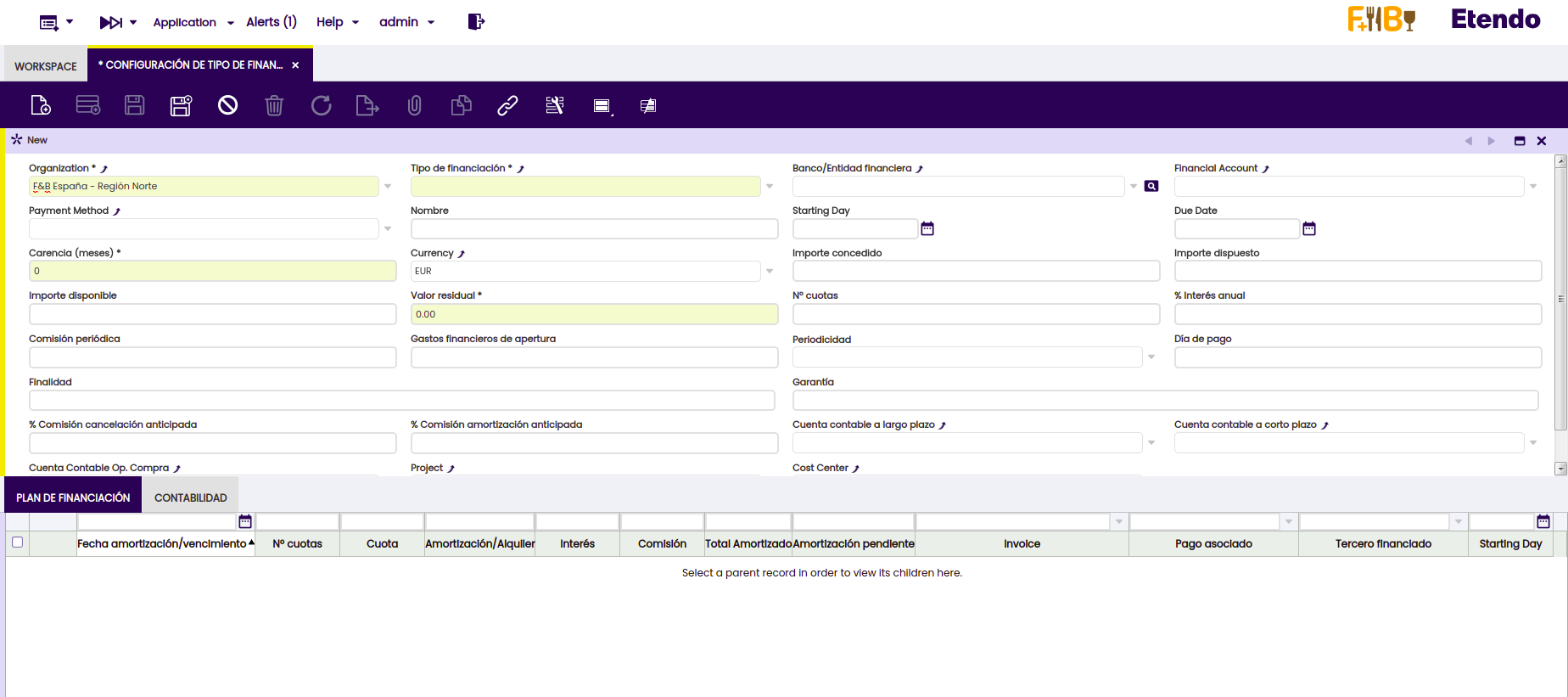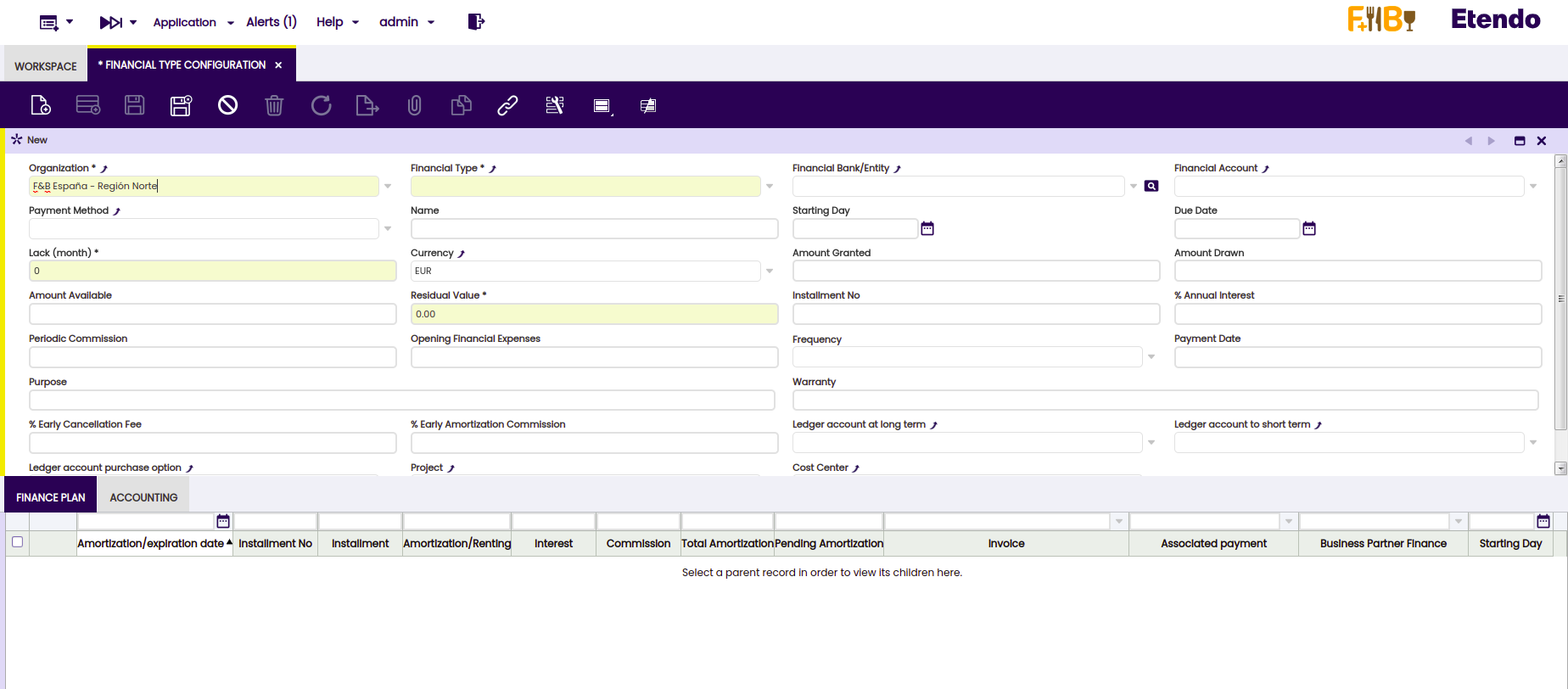Getting Started
Overview
Welcome to the getting started guide for the Copilot API. This tool allows interaction with a bot that selects the appropriate tool to answer a query.
Environment Setup
Requirements
- Etendo Classic. If you don't have it, install it here.
- Python versión ^3.10, install it here.
Run copilot locally
-
Add copilot dependency in the Etendo Classic project, In
build.gradle, add: -
In the terminal, execute:
-
In gradle.properties, add:
Remember to replace YOUR_API_KEY_HERE with your actual API key.
You can get it from this link get it.
-
To start Copilot:
Translation Tool: XMLTranslatorTool
Translates the content of an XML file from one language to another, as specified within the XML.
Functionality
-
The tool will translate the XML files to the language indicated when the XML file to be translated is generated, for example if the first line of the file is:
The tool will know that the language to be translated will be Spanish.
-
It goes through each of these XML files and translates what is in the source language to the target language, overwriting them for later use.
How to use the XML translation tool shown in an example
First of all, we start from the module com.etendoerp.bankingpool originally in English and we can see the Financial Type Configuration window:
-
You must generate the
com.etendoerp.bankingpooltranslation module, you can see how to do it in How to Create and Update Translation Modules.
Initially all its fields will be in the source language and then it will be translated by the translation tool.After having created the translation module in the modules folder we will find
com.etendoerp.bankingpool.es_es -
To execute translation tool, in a new terminal, run:
-
In the folder
modules/com.etendoerp.bankingpool.es_esyou will find the automatic translations. -
To apply the translation compile the enviroment
-
Now we can see the "Financial Type Configuration" windows with their respective fields translated into Spanish.

